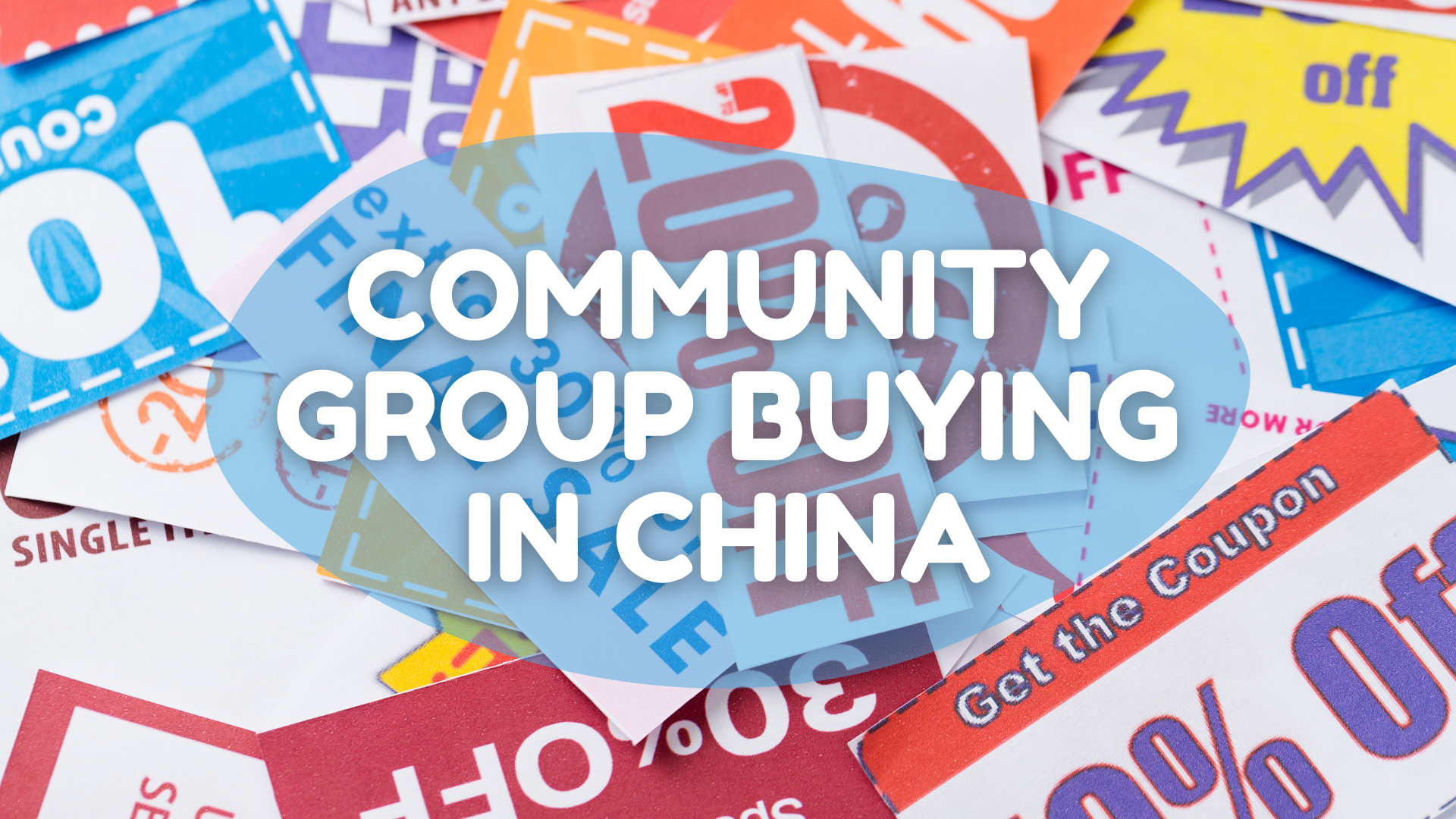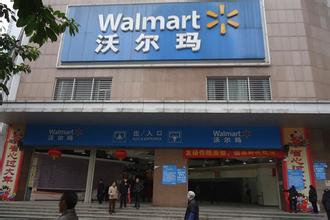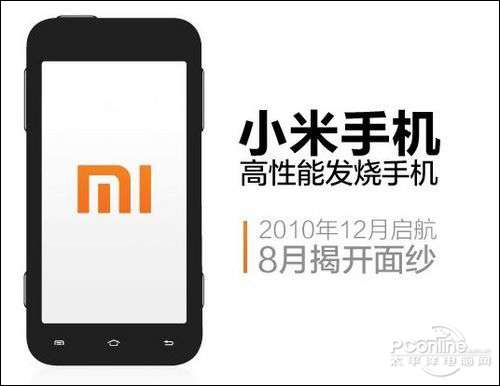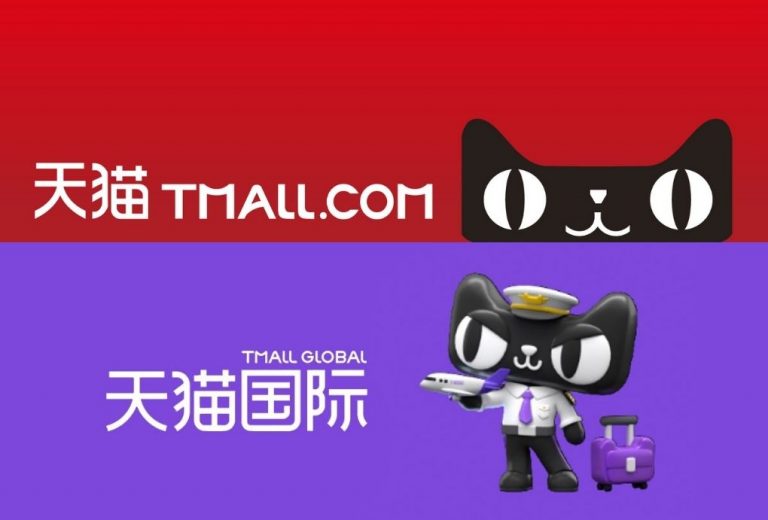China’s e-commerce scene? Huge. Think of it as a buzzing online marketplace with over 900 million digital shoppers. But there’s a fresh trend reshaping how these consumers shop: group-buying. Picture this – instead of individual purchases, people team up, leveraging collective buying power to snag better deals. It’s akin to bulk shopping but with a modern twist.
Thanks to intuitive community group-buying platforms and the nod of approval from local influencers, group-buying is still meeting with enthusiasm from customers. It’s an ingenious blend of tradition (think collective spirit) and modern tech. But is it here to stay? Will this business model work in the long term?
Need a cost effective TP (Tmall Partner) to sell in China?
We are an Official Tmall Partner e-commerce Agency. Our Services: E-Commerce, Search Engine Optimization, Advertising, Weibo, WeChat, WeChat Store & PR.
Let’s explore the vibrant realm of group-buying in the heart of China’s digital marketplace.
Key Takeaways
- Group buying in China helps people save money. They join up to buy things together so they can pay less.
- In 2021, the market reached 120 billion yuan, but it’s expected to shrink in the upcoming years.
- Big companies like Meituan and Pinduoduo have hopped onto group buying. This created a tight fight for who gets more sales.
- The government now steps into play. They want to make sure the market stays fair and does not become too wild.
What is a Community Group Buying?
Community group-buying is the e-commerce world’s answer to a group shopping spree, largely concentrated on essentials like groceries. Picture it as the modern upgrade to the age-old practice of bulk buying, with a distinctly local flavor. Currently, it’s making waves across China as the e-commerce trend to watch.
Introduced roughly around 2014-2015, this model has witnessed a phenomenal rise in recent times, especially with the pandemic pushing more people online. It’s found a special place in the hearts of those in rural areas and smaller cities.
Here’s how it works: residents in a particular locality team up to order staples – think fresh veggies, fruits, meats, dairy, and everyday necessities. Using China’s group buying platforms or the ever-handy WeChat mini programs, they secure these products at more favorable prices. The catch? They buy in bulk.
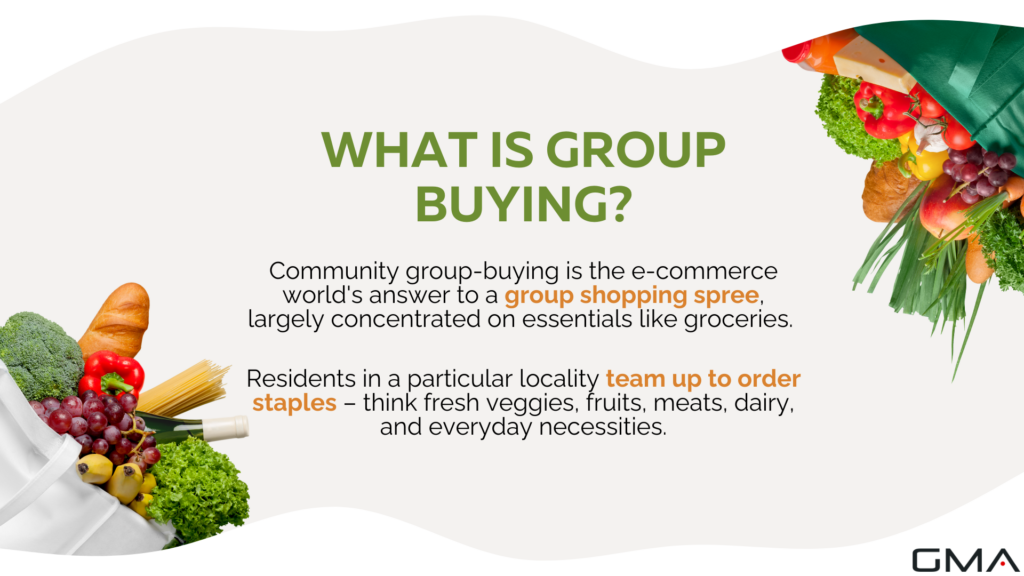
But here’s the cherry on top: the community group leader. This isn’t your average neighbor; this is someone who acts as the bridge between the community and these buying platforms. Recruited by the platform itself, their role is to rally their neighbors, curate product recommendations, and streamline orders. Once the order is processed and delivered, it’s the leader’s job to ensure everyone gets their share.
Think of them as the local group-buying ambassador, ensuring you get your fresh tomatoes and laundry detergent without a hitch.
What are the differences between traditional online shopping and group buying?
Both traditional online shopping and group buying fall under the e-commerce umbrella, but they have distinct characteristics. Here are the primary differences between the two:
| Feature | Traditional Online Shopping | Group Buying |
|---|---|---|
| Purchasing Type | Individual purchases based on personal needs. | Collective purchases in bulk for better prices or deals. |
| Pricing Mechanism | Fixed prices with occasional sales. | Prices decrease with more participants, incentivizing larger groups. |
| Product Discovery | Browse catalogs or use search functions. | Influenced by community leaders’ or influencers’ recommendations. |
| Purchase Experience | Solitary, unless shared on social media. | Communal and social, emphasizing shared benefits. |
| Delivery & Logistics | Direct delivery to individual addresses. | Centralized delivery, often to a community leader’s place for group pickup. |
| Product Range | Wide range across multiple categories. | Often centered on specific categories like fresh produce or daily essentials. |
| Influence of Reviews | Online reviews and ratings play a key role. | Community consensus and leader endorsements can greatly influence decisions. |
| Return & Refund Policies | Individual return and refund processes. | Might differ due to bulk purchases; handling individual returns can be complex. |
In essence, while both models operate under the e-commerce model, they offer distinct experiences. Traditional online shopping leans towards personal convenience and a vast product selection, while group buying thrives on community engagement, collective bargaining, and a focus on essentials.
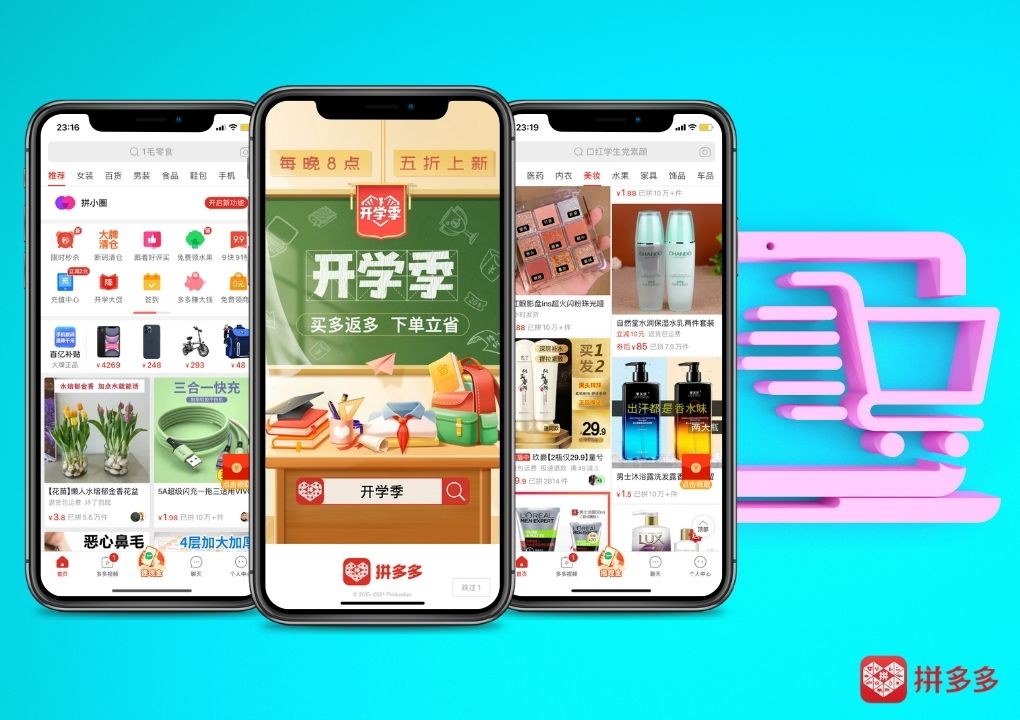
The advantages of group buying
Community group buying model offers several advantages, both for consumers and for businesses. Here’s a breakdown:
For Consumers:
- Cost Savings: By pooling their purchasing power, consumers can often obtain products at discounted prices, leveraging bulk-buy benefits.
- Freshness and Quality: Group buying, especially for groceries, often ensures that products like vegetables, fruits, and meats are fresh, as they move quickly due to collective demand.
- Convenience: The centralized pickup points, often located within communities, reduce the hassle for consumers who might find it easier than waiting for individual deliveries.
- Community Interaction: Group buying can foster a sense of community. It encourages interactions among neighbors and can help build or strengthen community ties.
- Trust Factor: Recommendations from community group leaders or influencers can instill a sense of trust in products, as these leaders often vet and endorse the quality.
- Exclusive Access: Some group buying platforms may offer products that are exclusive to their platform or provide early access to certain deals for group buying members.
For Businesses & Vendors:
- Volume Sales: Selling in bulk often ensures higher volume, which can lead to increased profitability, even if the individual product margin is lower.
- Inventory Management: Predictable bulk orders can help streamline inventory management and reduce waste, especially for perishable goods.
- Lowered Logistics Costs: Delivering to a single, centralized location can reduce transportation and delivery costs compared to multiple individual deliveries.
- Market Penetration: Group buying can be an effective way to introduce a product to a new community or demographic, leveraging the influence of community leaders.
- Customer Feedback: Direct interaction with community leaders and frequent buyers can provide businesses with immediate and valuable feedback on their products.
- Brand Building: Associating a brand with community and shared values can help in building loyalty and trust.
In summary, community group buying presents a win-win scenario in many cases. While consumers enjoy discounts, quality products, and a sense of community, businesses can achieve volume sales, efficient logistics, and deeper market penetration.
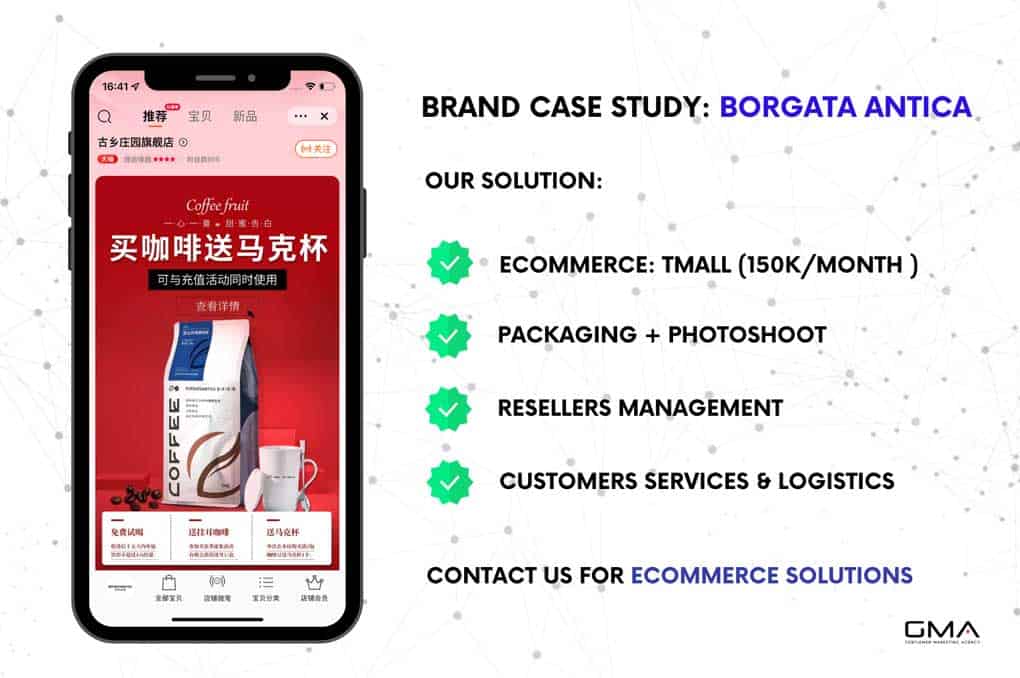
The Community Group Buying Business Model
Community group buying works like this. People team up to buy things together. They get stuff like food and home goods. By buying as a group, they can ask for lower prices. This is so because the big order gives them more power over price.
In China, we do a lot of our shopping online. And about one out of every ten groceries bought here in 2020 was bought online! So, it’s clear that this business model fits really well with how people shop these days over there.

Initial success and popularity in lower-tier cities
Community group buying took off in China around 2020. Many people liked it right away. Online grocery shopping caught on fast among Chinese consumers, and this drove its success.
This new trend was a big hit especially in lower-tier cities of the country. More people started to shop at local stores or buy goods through online platforms. It became one of China’s hottest trends, as it has the highest e-commerce reach across the world.
Key Group Buying Platforms in China
Big firms like Meituan and Pinduoduo entered the group buying game in China. This move had a big impact on the rise and fall of this trend. These powerful firms saw what was happening and jumped in.
They opened up new fields for battle, changing the market rules with their entry. The intensity grew as these giants fought over shares in this buzzing market, leading to shakeouts and proving it’s not easy here due to stiff competition and many challenges ahead.
Pinduoduo
Often considered the pioneer in mainstreaming the group-buying model in China, Pinduoduo has revolutionized social commerce. What sets it apart is its unique model that actively incentivizes users to invite friends and family to buy in groups, which allows them to unlock massive discounts.
Major brands, such as Apple, have even seen their products, like iPhones, being bought in bulk through Pinduoduo, highlighting the platform’s vast reach and influence.
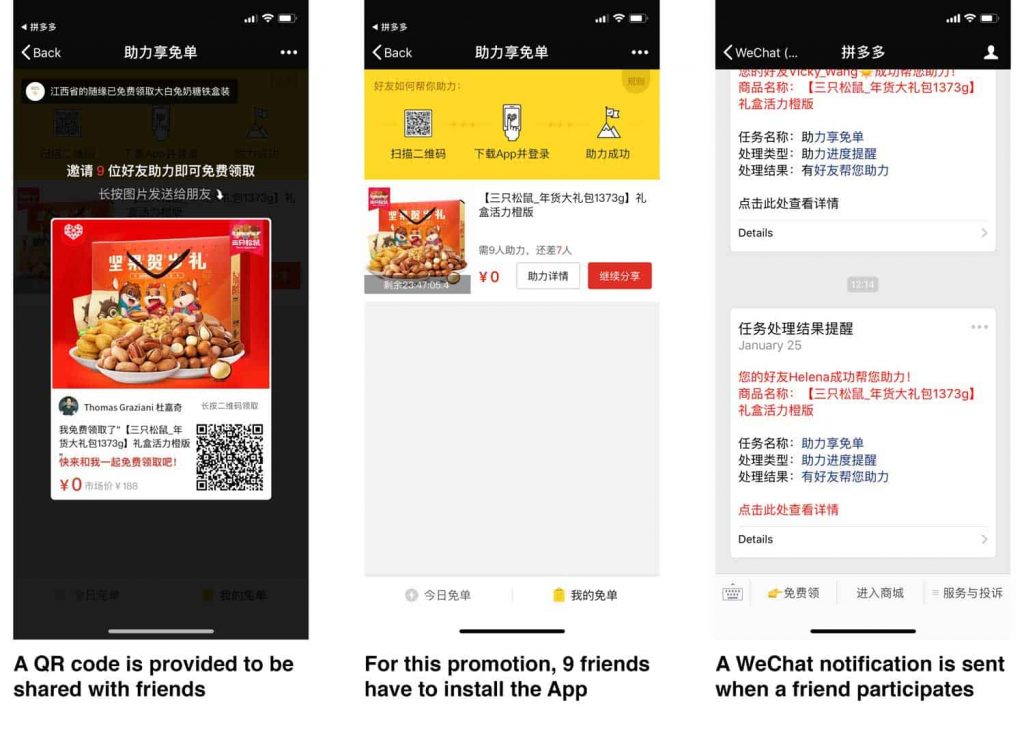
Taobao
An Alibaba powerhouse, Taobao’s foray into group buying is a testament to the model’s popularity. While it remains a behemoth for individual online shopping, Taobao’s group-buying feature, known as “Juhuasuan“, provides time-limited flash sales, where users can team up to unlock discounts. Big names, like Xiaomi, have often participated in these sales, offering discounted rates on their electronic products.
Meituan
Beginning its journey as China’s answer to Groupon, Meituan has transformed itself into a super-app, catering to a diverse range of local services. In the group-buying domain, Meituan is often recognized for its hyper-localized deals.
Its platform offers a vast array of deals from restaurants, and beauty spas, to entertainment venues. Many local businesses, such as restaurants in Beijing or spas in Shanghai, have effectively leveraged Meituan’s group-buying features to boost footfall and sales.

JD.com
JD.com, traditionally known for its B2C direct sales and its impeccable logistics, hasn’t stayed behind in the group-buying trend. Recognizing the potential, JD.com has introduced group-buying features where consumers can join hands to get bulk discounts.
Its commitment to authenticity and swift deliveries has made it a preferred choice for many who are looking for reliable group-buying experiences. Several premium brands, such as Dyson, have made their products available for group buys, especially during JD.com’s annual sales events.
The group-buying space in China is rapidly evolving, and several other platforms are emerging or adapting to capture a slice of the pie. Companies like Suning and VIP.com have also started to explore group-buying features, ensuring consumers have a plethora of choices and deals to choose from.

How to Leverage Group-Buying Features in Brand/Product Promotion?
To thrive in the Chinese group-buying market, brands must fuse cultural understanding, strategic partnerships, and technological innovations like live-streaming. This blend can unlock significant growth and brand loyalty.
Study Chinese consumer’s behavior
Chinese shoppers prioritize quality, authenticity, and perceived value. They often view shopping as a social activity, with recommendations from friends, family, and online influencers being pivotal. The rise of live-streaming as a shopping tool, combined with major Chinese shopping festivals like Singles’ Day, has shifted shopping dynamics, blending entertainment, interactivity, and purchasing. Reviews and endorsements, or social proof, are crucial in influencing decisions.
Collaborate with community leaders and influencers
Within the group-buying paradigm, community leaders or influencers become paramount. These individuals have built trust within their communities and can significantly influence purchasing decisions. Collaborating with them, offering exclusive promotions and cheaper prices, or even providing early access to new products on. a group buying platform can amplify a brand’s reach and reputation.

Promote your brand on Chinese social media platforms
The importance of platforms like WeChat and Douyin (TikTok’s Chinese counterpart) cannot be overstated. WeChat’s mini-programs, for instance, offer an integrated shopping experience, while Douyin’s live-streaming features have made it a prime spot for real-time product promotions. Ensuring seamless integration with these platforms, coupled with engaging content, can lead to increased brand visibility and sales.
Offer exclusive deals
With fierce competition in the e-commerce landscape, brands need to craft offers that stand out. Group-buying consumers are typically looking for deals that offer genuine value. Consider implementing pricing strategies that offer deeper discounts for larger group sizes or exclusive product bundles that are only available for group purchases. Tying these deals to popular shopping festivals can further boost their appeal.
Use live-streaming for increased visibility
Live-streaming has emerged as a potent promotional tool in China. Platforms like Douyin offer live-stream features that brands can leverage for real-time product demos, exclusive deals, and direct engagement with potential buyers. Pairing live-stream sessions with influential community leaders can result in increased trust and sales.

Tap into Chinese shopping festivals
Events like Singles’ Day, Double 12, and the mid-year 618 festival are goldmines for promotions. Timing group-buying deals around these festivals, possibly combining them with live-stream events, can lead to unprecedented sales spikes.
Craft strategic pricing strategies
Brands can benefit from a tiered pricing approach for group buys: the larger the group, the bigger the discount. Exclusive product bundles available only for group purchases can also drive sales. Dynamic pricing, especially during shopping festivals, can cater to the fluctuating demand and consumer sentiment.
The Impact on the Market and Economy
Group buying has changed how people in China buy stuff. Many small shops and big stores felt the punch because they could not sell as much as tech giants. These groups got their hands on a lot of items at lower prices.
This change shook up the market.
China’s home market trouble also added to the mess in our economy. When fewer houses get sold, it harms many other parts of our system that link to it. The after-effect hit everyone hard but no one more than those who put money into housing projects for profit.
Potential risks and concerns
- Currency changes can hit hard. The value of money can go up or down fast, impacting the community group buying market.
- The shaky economy is a big concern. If it falls apart, so will your business.
- Any buzz from the government might be trouble. They can make rules and market regulation that hurt your business.
- If you aim to bring money in from other countries, watch out! Politics might get in your way.
- COVID – 19 has changed how people shop. We still don’t know what this means for us in the long term.
- Bulk buying seems like a good idea until people buy too much and stop shopping.
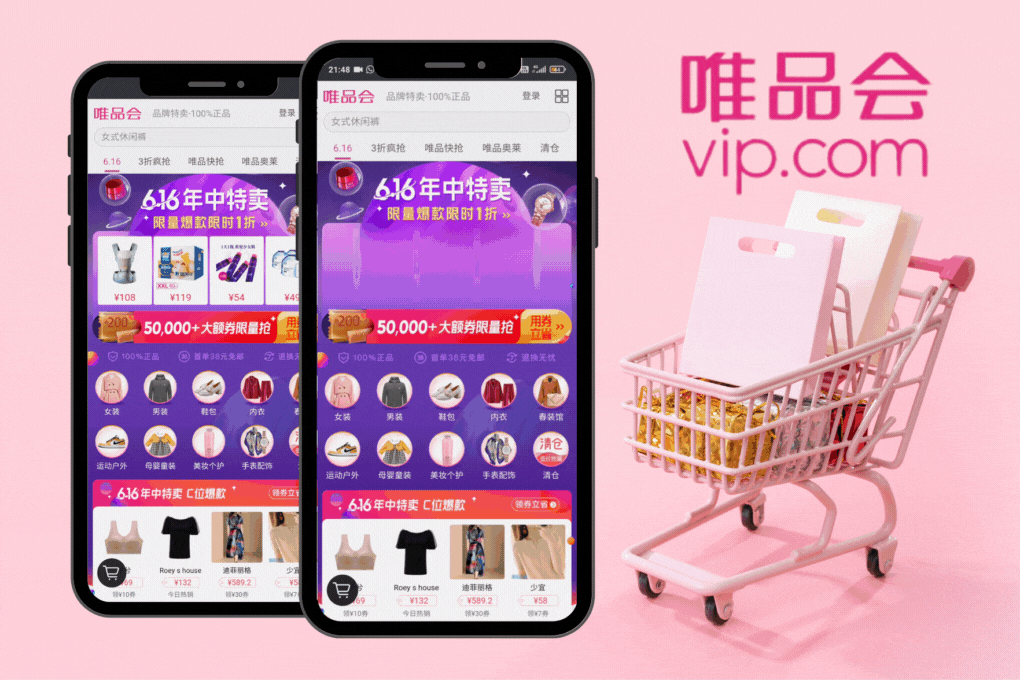
Government intervention
China’s government made big moves in the group buying space. They did this to keep the market fair and healthy. During a tough time in 2015, they set rules for trading and banned sales from big players.
This was all to stop too much up and down in the market prices. They also took steps like spending more public money, giving back on taxes, and cutting policy rates. These actions helped soothe fears and grow faith among those who put their money into this market.
We Are Experts in China eCommerce Market!
If you’re interested in leveraging China’s group-buying features but don’t know where to start, we are here to help!

Gentlemen Marketing Agency is a digital marketing agency located in Shanghai. We specialize in digital and e-commerce solutions for foreign and Chinese brands in Mainland China.
With over 10 years of experience and a team of Chinese and foreign experts, we have the means and know-how needed to help you succeed in the competitive landscape of the Chinese e-commerce market. Here are some of our services:
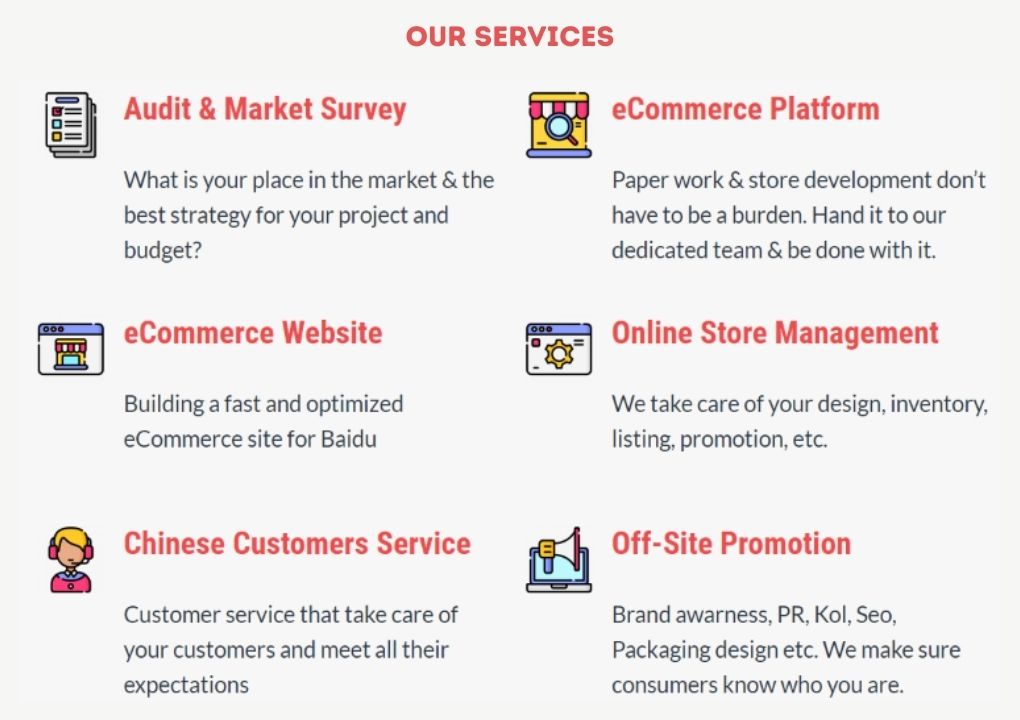
If you’d like to learn more or present us with some project, don’t hesitate to leave us a comment or contact us!

